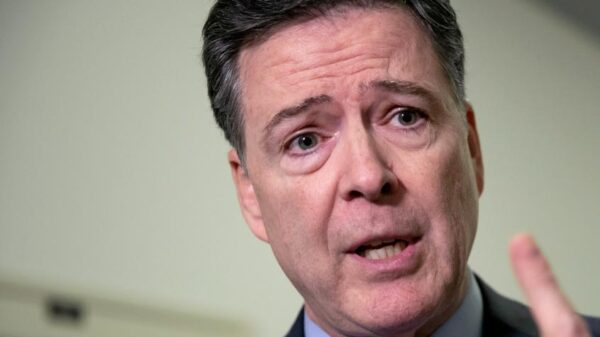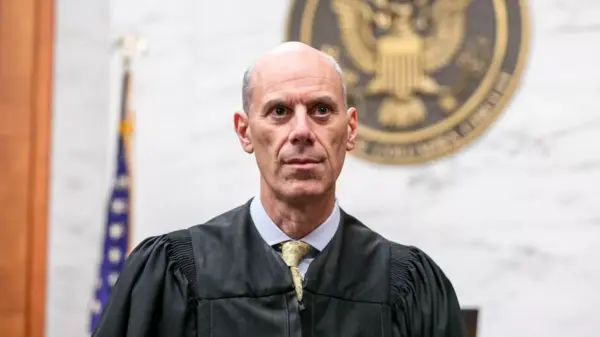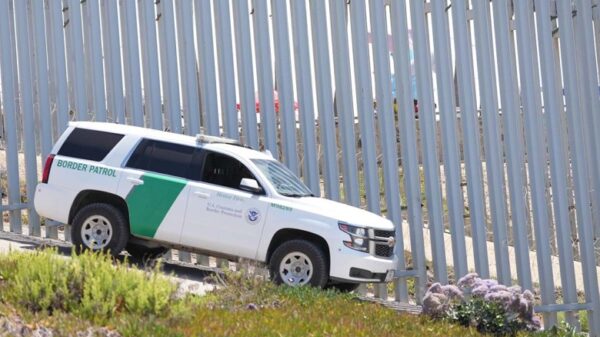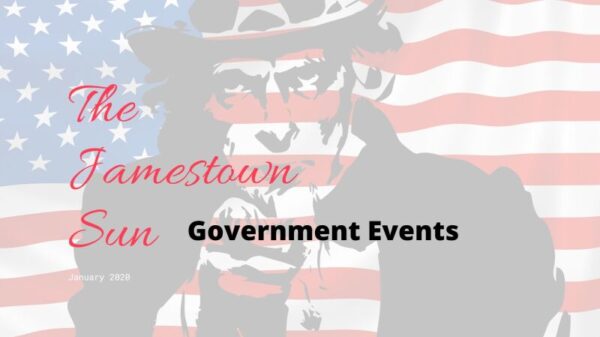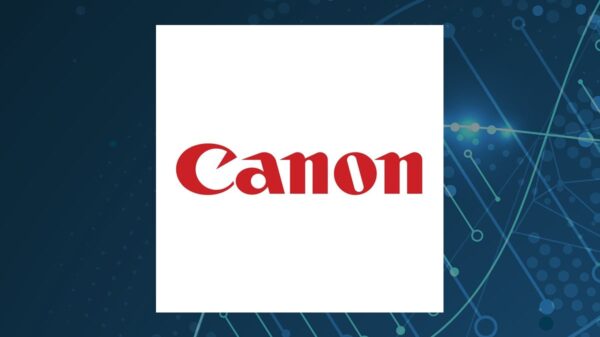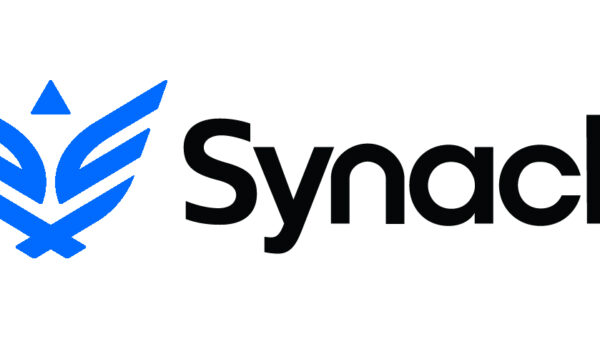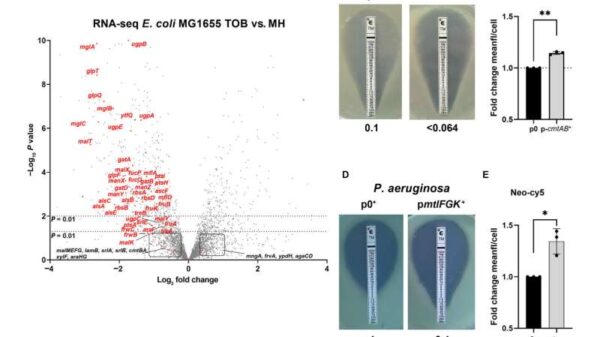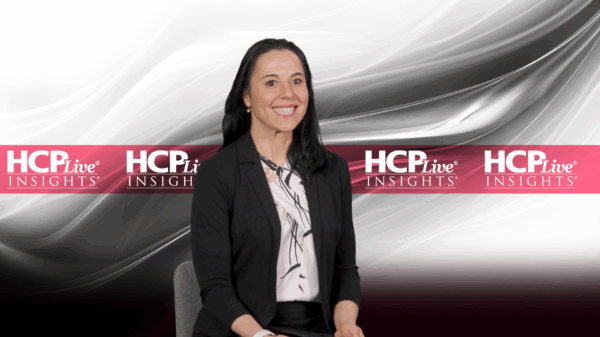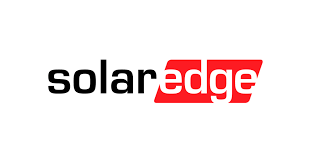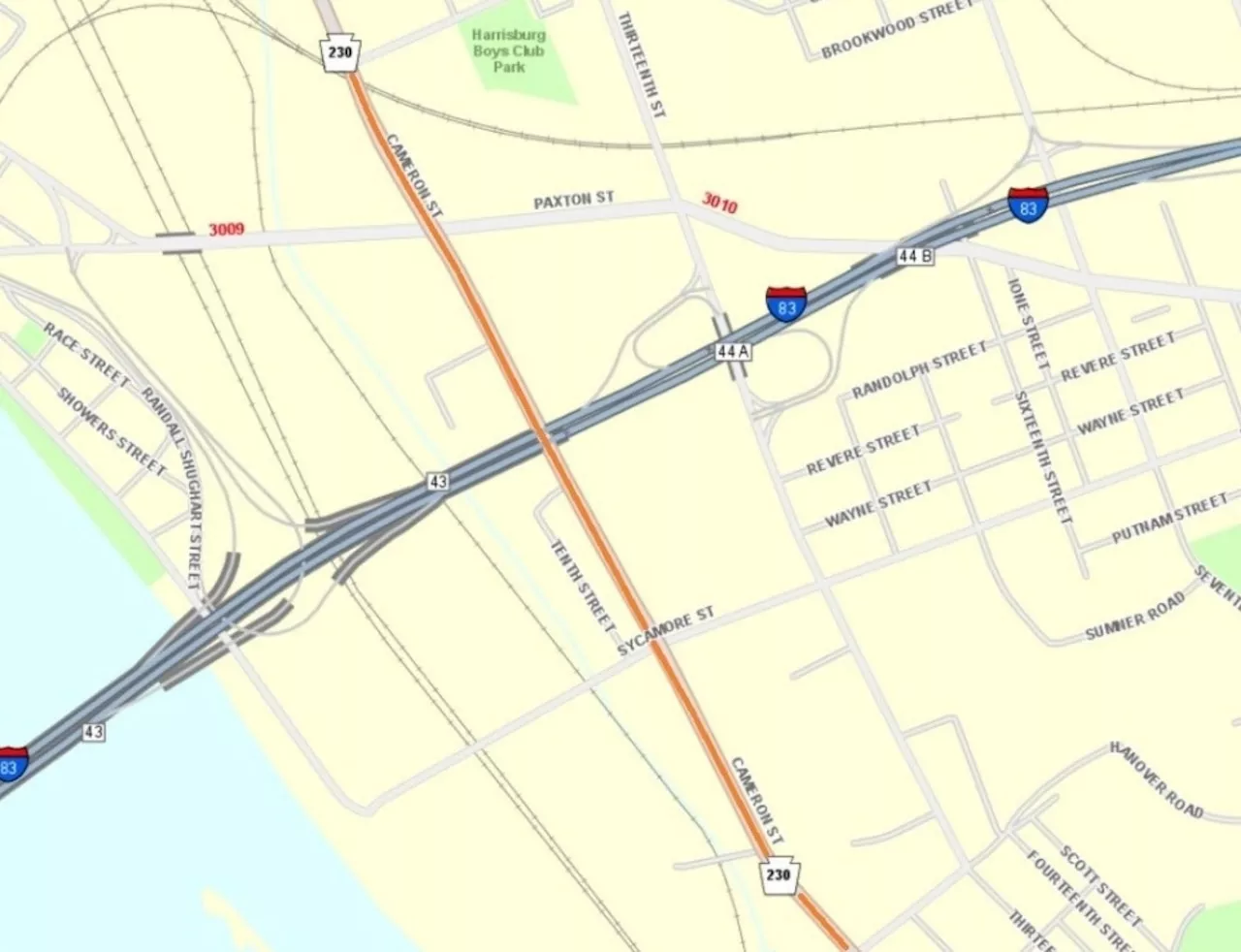Political inertia in Harrisburg, Pennsylvania, is significantly affecting small businesses. As state legislators continue to favor corporate tax cuts, small business owners are burdened by a stagnant personal income tax rate of 3.07%, which has not changed for several years. This situation has left many business owners feeling neglected and frustrated as they navigate a challenging economic landscape.
The contrast between corporate tax policies and personal income tax rates has sparked concern among local entrepreneurs. While larger corporations benefit from reduced tax obligations, small businesses remain subject to the same personal income tax rate that has not adapted to current economic realities. This disparity has been highlighted by several advocacy groups, including the Pennsylvania Chamber of Business and Industry and the National Federation of Independent Business, who argue that legislative action is necessary to support small business growth.
Economic Strain on Small Business Owners
Many small business owners in Pennsylvania report that the lack of legislative progress is stunting their growth potential. With inflationary pressures and rising operational costs, the existing tax rate further complicates their financial situation. For instance, the consistent 3.07% rate places a heavier tax burden on small businesses compared to larger corporations that have seen tax reductions.
Local entrepreneurs have expressed their discontent regarding the stagnant tax rate. One small business owner, who runs a café in downtown Harrisburg, stated, “It feels like we are being ignored. While corporations get tax breaks, we’re left struggling to keep our doors open.” This sentiment is echoed by many who feel that the current tax structure disproportionately favors larger entities while leaving small businesses to fend for themselves.
Call for Legislative Action
In light of these concerns, small business advocates are calling for urgent legislative action to address the disparities in the tax system. They propose a reevaluation of the personal income tax rate to provide more equitable support for small businesses, which are vital to the local economy.
According to the Pennsylvania Chamber of Business and Industry, small businesses account for a significant portion of the state’s employment and economic activity. Adjusting the personal income tax rate could stimulate growth, allowing these businesses to invest in their operations and create jobs.
As discussions continue in Harrisburg, the pressure is mounting on legislators to consider the needs of small business owners. With the economic landscape shifting, the time for meaningful reform is now. Without addressing these issues, the ongoing political gridlock risks further hampering the potential of Main Street businesses across Pennsylvania.







